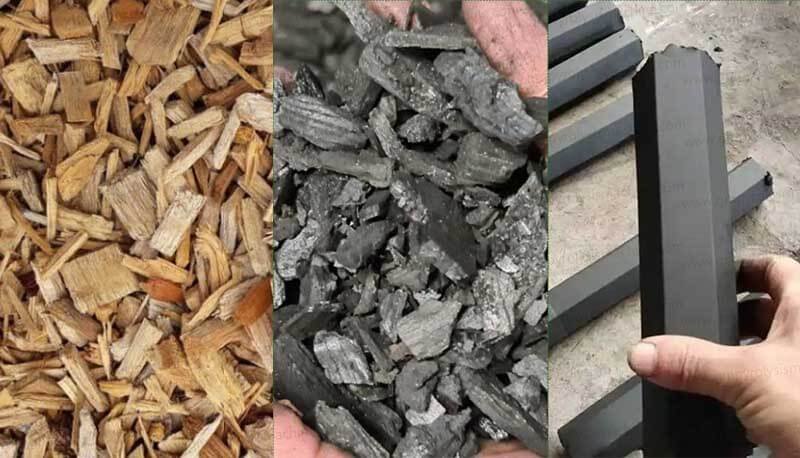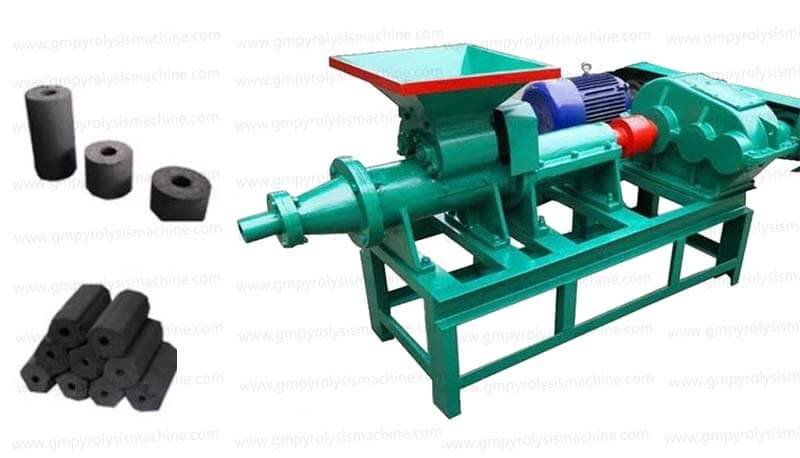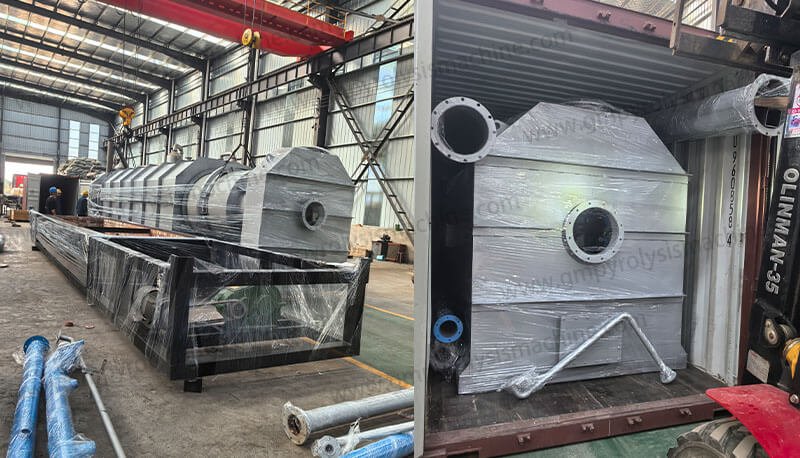The cost of a pyrolysis machine in India can vary significantly depending on various factors such as the type of pyrolysis plant, its capacity, technology, and the manufacturer.
Other factors affecting the cost include:
When considering the cost of a pyrolysis machine in India, there are several other aspects you should take into account to ensure you’re getting the best value for your investment:
1. Operational Costs:
Fuel and Energy Consumption: Pyrolysis machines often require a significant amount of fuel (like coal or gas) or energy to operate. The efficiency of the machine can influence long-term operational costs.
Labor Costs: For larger machines, you may need more skilled labor, which could affect the overall operational cost. However, more automated systems can reduce this requirement.
2. Maintenance Costs:
Regular maintenance is crucial for ensuring the longevity of the machine. Machines that require more frequent maintenance or are made from lower-quality materials might incur higher maintenance costs over time.
It’s important to factor in the cost of spare parts and service charges, which can vary depending on the machine’s make and model.
3. Installation and Setup:
Site Preparation: Depending on the size of the plant, you may need to prepare a specific site for installation, including electrical setup, foundation work, and safety measures.
Training: Some manufacturers provide on-site training for operators to ensure smooth machine operation. This might be included in the overall cost, but in some cases, it could come as an additional charge.
4. Regulatory Compliance:
India has specific environmental regulations concerning waste disposal and emissions. Ensure that the pyrolysis plant you choose is compliant with the local environmental standards.
5. Additional Features:
Automation: As mentioned, automated systems are often more expensive, but they can save on labor costs and increase production efficiency.
Advanced Technology: Machines with more advanced pyrolysis technology (such as continuous pyrolysis, better gas treatment systems, or enhanced yield) will cost more but may offer better returns on investment in the long run.
6. Return on Investment (ROI):
The cost of the machine should also be evaluated in the context of potential revenue generation. For example, the amount of oil, gas, and carbon black produced can directly impact profitability. You should calculate the potential revenue from these byproducts based on market prices and production capacity.
7. Supplier and Warranty:
When buying a pyrolysis machine, choosing a reputable supplier is crucial for ensuring you get a high-quality machine. Trusted manufacturers often offer better after-sales service and warranties, which can reduce potential future costs.
Make sure to inquire about warranty terms, service packages, and whether the supplier offers technical support for the lifespan of the machine.
8. Customized Solutions:
If you are processing specific types of waste, such as plastics, rubber, or medical waste, you may need a customized pyrolysis machine. Custom-built machines will usually cost more but will be better suited to handle the unique challenges of processing particular materials.
While the initial cost of a pyrolysis machine in India might seem substantial, it’s important to consider the long-term benefits and operational savings it can bring, especially if you’re able to maximize the output and effectively manage operational costs. Doing thorough research, comparing quotes from different suppliers, and understanding the total cost of ownership will help you make an informed decision.
If you’re looking to get the best deal, it’s recommended to directly inquire with manufacturers or suppliers like Guanma Machinery, as they can provide tailored quotes based on your specific needs and requirements.





